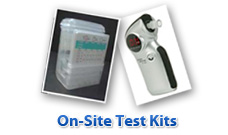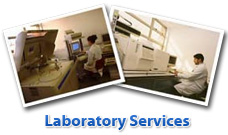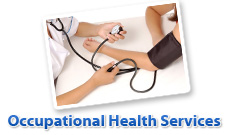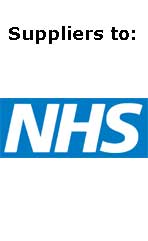Random Substance Abuse Testing
Spurred by a demand to guarantee safety, well-being and health of employees, business drugs screening has eventually become noticeably popular within the United Kingdom. Be that as it may, there still persist several myths surrounding the strategy, which could lead to misgivings amongst the workforce being tested.
Random Substance Abuse Testing – Where are the dangers?
Many people presume that the impact of illegal drugs throughout the modern workplace is a trivial matter. We all have caught a glimpse of Christmas anti-drink-driving TV advertisements and keep in mind that drink-driving and drug-driving can cost lives, so shouldn’t we be able to count on the general public’s judgement? Sorry to say, close to half of all industrial and road deaths in England and Scotland are connected with drink, illegal drugs, or both together. Present-day available data indicate that in excess of 70% of illicit drug users are engaged in full-time employment, suggesting that the average substance misuser is, essentially, the typical staff member. Modern Home Office figures put the volume of 16 to 29-year-olds who have used controlled drugs in the previous year at almost fifty percent of that age range. In light of this fact, this isn’t somebody else’s problem, it affects virtually every work environment. Although the usage of narcotics does not automatically suggest a tendency to ignore risks within the working environment, this does substantially magnify the likelihood of accidents and near misses, attendance issues and absenteeism, reduced productivity, damage to machinery and wasted materials, legal issues and a more extensive turnover of personnel.
Random Substance Abuse Testing – What companies do? Isn’t drug testing in the workplace rather complicated?
Many companies only administer testing in the event of an accident, an incident, or whenever they have reasonable grounds for concern or suspicion that a worker is unfit or unsafe to be at work. Due to the large variety of prospective threats found at heavy industrial business premises, lots of businesses consider it entirely justifiable to carry out diagnostic tests on such occasions, as a way to prevent them happening again.
However, random drug tests takes drug testing the workplace to the next degree, wherein a fraction of the employees is selected at random to volunteer a sample of breath and/or urine. It might sound a little intrusive, though it is quite common for only 5% of the personnel to be drug tested up to once per 12 month period. this is equivalent to just one in 20 individuals being drug screened, or, as an employee, your chance of being subject to a screen would likely be just a single time each 20 years. As amazing as it sounds, this form of infrequent testing has indeed been demonstrated to reduce failure rates from a high of 46% down to a low of only 2% inside of just a handful of months. This highlights that the typical drug misuser present in the working environment is not hopelessly addicted, but is purely making choices about their lifestyle that may possibly be steered towards a more agreeable outcome.
Random Substance Abuse Testing. Should this be viewed as an invasion of civil Liberties?
Whilst certain individuals within the business could be initially resistant to the possibility of workplace screening, many support the fact that this is being undertaken in order to improve upon the health and safety of everybody within the place of work. So long as the amount of diagnostic testing is comparable to the risks found in the workplace and does not deliberately disrupt staff life outside of work, it doesn’t technically pose a danger to staff human rights. Throughout the US, over 98% of the largest 1000 companies drug and alcohol test their staff without any controversy.
So where is the risk while using narcotics outside of your job?
Various illegal substances have recently developed a less dangerous image as a consequence of their continued exposure throughout nationwide newspapers and television. Without a doubt, expressions including “recreational cocaine use” cause a significant deal of harm in misinforming the general public. For a lot of youngsters, cocaine is more habit forming than heroin and can’t be abused recreationally without having major threat of becoming addicted. Dependency aside, cocaine purity has fallen from a typical 45 percent purity in 2004 down to roughly 25 percent purity in 2010 (with purity as low as nine percent being reported currently). Worryingly, the chemicals that dealers use to pad out the powdered cocaine have been known to range from local anaesthetics, cancer-causing chemicals, pet worming agents, through to cockroach insecticide. The bottom line is you should never trust a drug dealer.
In fact, substances usually deemed to be soft drugs frequently still carry risks. At the present time in Britain, a whopping 92% of people admitted for therapy for mental health problems are heavy users of cannabis. bearing this in mind, workplace alcohol and drug screening really possesses the realistic potential to deal with wider social and health related concerns when it becomes more commonplace.
Discover more about random drug screening and home drug test kits, go to www.drug-aware.com
About the author: Christopher Evans is the Technical Director of Drug-Aware Ltd, a provider of Random Substance Abuse Testing, alcohol and drug test equipment, lab services along with drug and alcohol awareness training. He has taught literally thousands of delegates spanning hundreds of organisations, the HM Prison Service, the British police and hospitals and mental health units across the United Kingdom.








